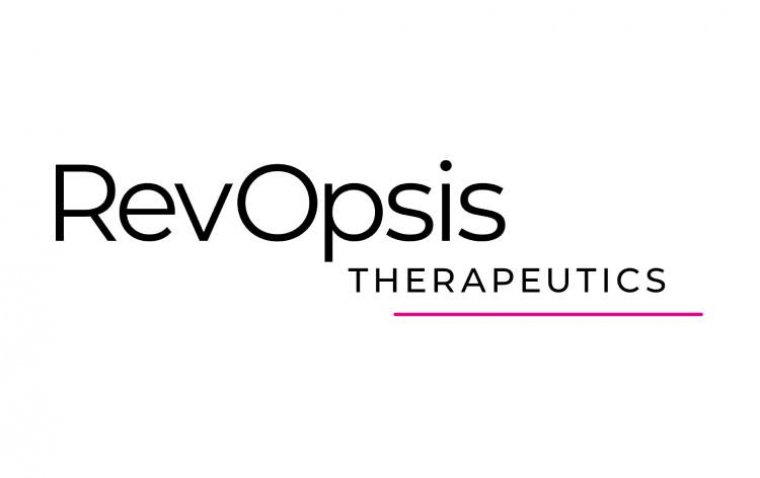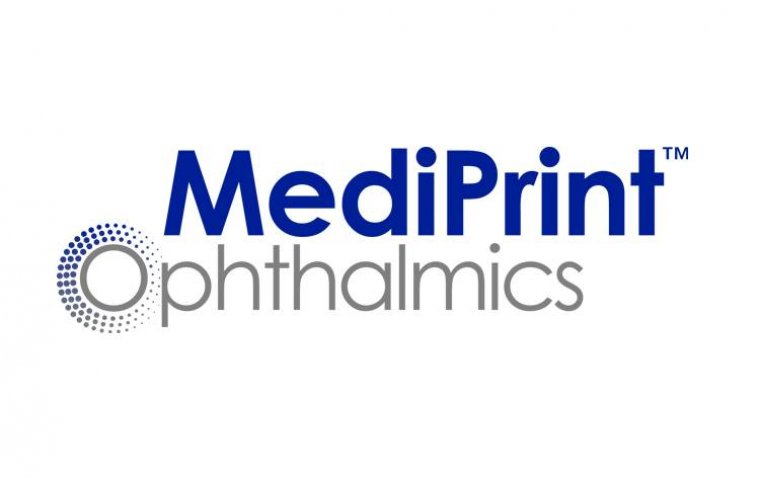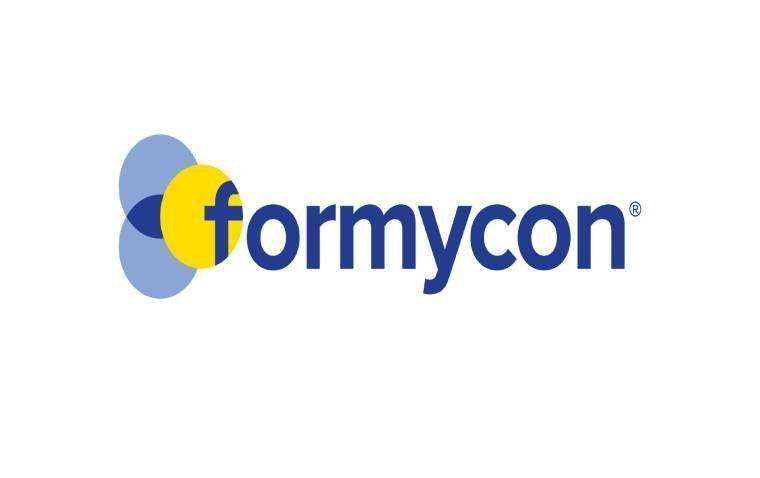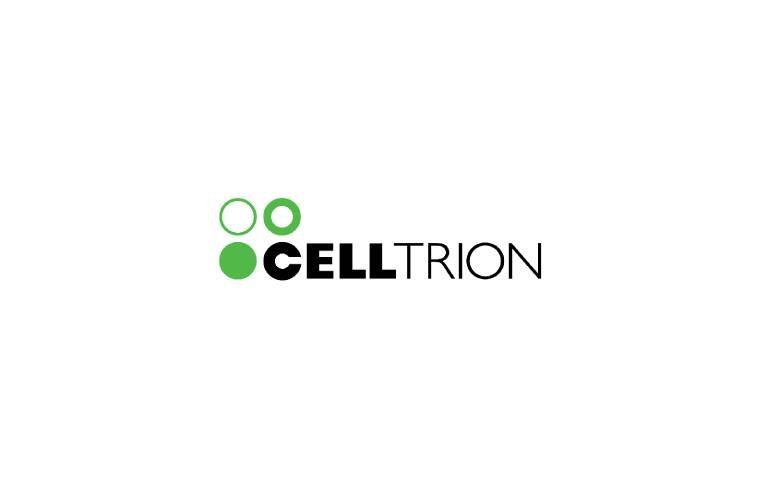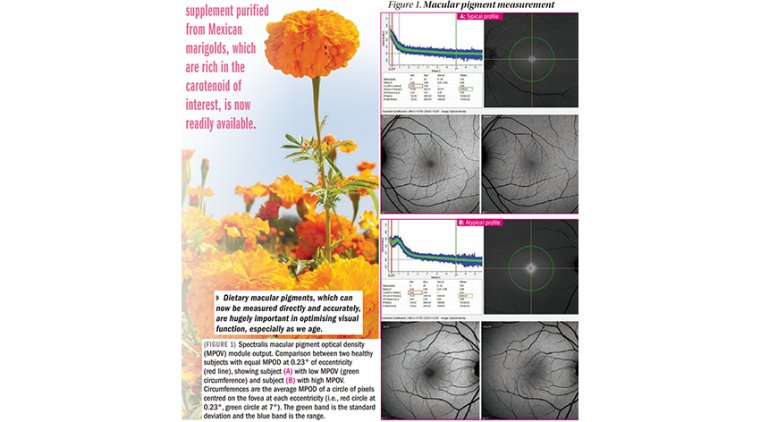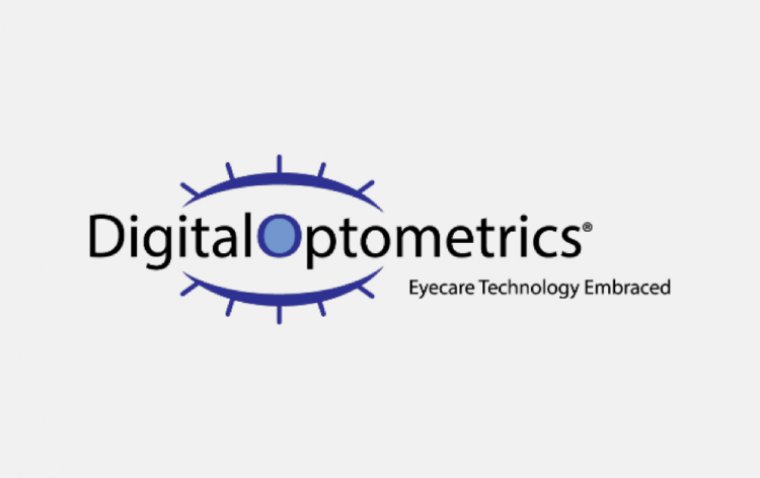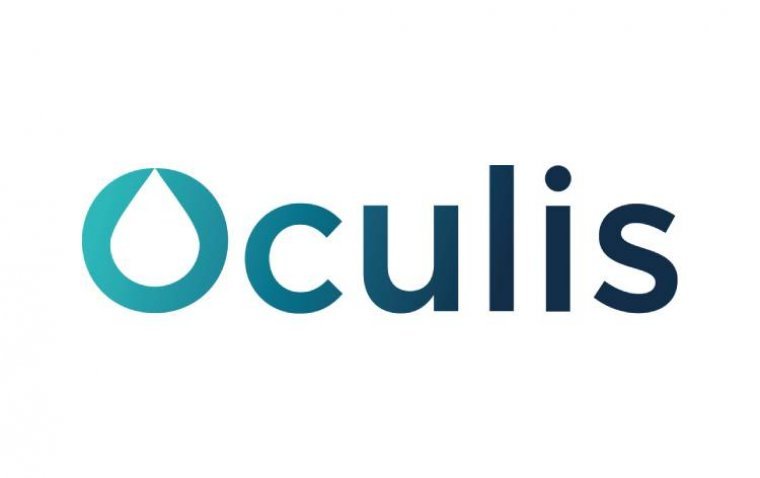
Oculis' Licaminlimab Demonstrates Promising Results in Phase 2B RELIEF Trial for DED
Oculis Holding announced positive topline results from its phase 2b RELIEF trial, shedding light on the efficacy of licaminlimab, an innovative anti-TNFα biologic eye drop, in addressing dry eye disease (DED). Licaminlimab's established dual mechanism of action, boasting both anti-inflammatory and anti-apoptotic properties, has shown significant promise in alleviating the burdens of DED among patients.
Phase 2b RELIEF Trial Overview
The phase 2b RELIEF trial, a rigorously conducted multicenter endeavor, served as a randomized, double-masked, vehicle-controlled investigation, aimed at evaluating licaminlimab's efficacy and safety in individuals exhibiting signs of DED (NCT05896670). Additionally, the trial delved into assessing licaminlimab's effectiveness and safety in a subpopulation of subjects harboring a TNFR1-related genotype, as specified in the trial protocol.
With 122 patients randomized at a 1:1 ratio to either licaminlimab (n=62) or vehicle (n=60) across four sites, the trial unfolded over a 6-week treatment period followed by a 2-week follow-up. Notably, 23 patients showcased the specific TNFR1-related genotype. Efficacy assessments were conducted at baseline, Day 15, and Day 43, embracing multiple signs of DED acknowledged by the FDA as pivotal efficacy endpoints.
Promising Trial Outcomes
The phase 2b RELIEF trial yielded promising outcomes across various domains:
● Enhanced Signs of DED: Among the full trial population (n=122), licaminlimab demonstrated a treatment effect favoring improvements in multiple sign endpoints, such as fluorescein staining in various ocular regions and enhancements in the Schirmer’s test.
● Optimistic Results in TNFR1 Subpopulation: Particularly noteworthy were the positive outcomes observed in participants with the TNFR1 genetic biomarker (n=23), indicating a robust treatment effect favoring licaminlimab across an array of sign endpoints.
Furthermore, licaminlimab showcased remarkable tolerability throughout the trial. The incidence of ocular treatment-emergent adverse events (TEAEs) was minimal, with rates of 11.5% in the licaminlimab group and 10.2% in the vehicle group for the study eye. Importantly, all ocular TEAEs were mild and transient, with no serious adverse events observed. Drop comfort, a critical factor for patient adherence, was comparable to that of artificial tears.
Future Prospects and Outlook
Dr. Riad Sherif, MD, Chief Executive Officer of Oculis, expressed satisfaction in achieving the trial's objectives and optimism regarding licaminlimab's potential to revolutionize ophthalmologic treatment. "We are pleased that we achieved all of our objectives for the trial, and extremely encouraged to see licaminlimab’s profound results with a precision medicine approach which has the potential to transform the way we develop drugs and treat patients in ophthalmology," Dr. Sherif stated in a company news release.
Looking ahead, Oculis Holding is gearing up for an end-of-phase 2 meeting with the FDA to chart the registrational path for licaminlimab in DED and finalize the phase 3 development plan. With prior positive results on both signs and symptoms of DED, the company is eager to engage in discussions with regulatory authorities and advance licaminlimab into phase 3 trials. This milestone underscores Oculis Holding's commitment to revolutionizing ocular health and enhancing patient care.
About Dry Eye Disease
Dry eye disease (DED) is a common ocular condition characterized by a disruption in the quantity or quality of tears, leading to discomfort, visual disturbances, and potential damage to the ocular surface. Individuals with DED may experience symptoms such as dryness, irritation, redness, and a sensation of grittiness or burning in the eyes. Factors contributing to DED include aging, hormonal changes, environmental conditions (such as dry air or wind), prolonged screen time, certain medications, and underlying health conditions like autoimmune diseases
(1).jpg)
